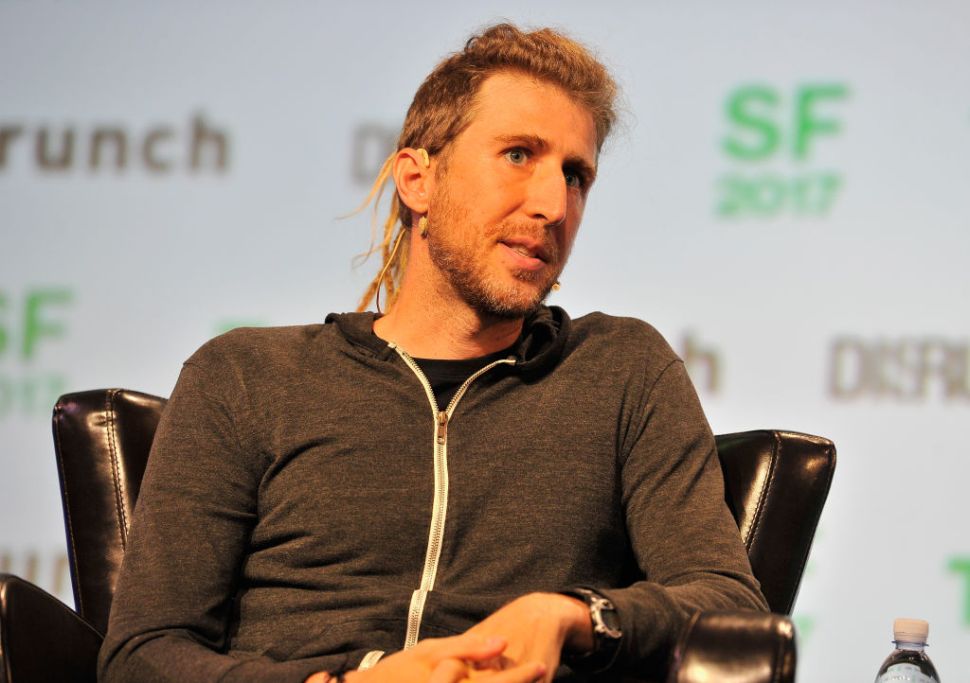Last week’s revelations about a group chat among top Trump officials accidentally leaking sensitive U.S. attack details in Yemen to a journalist did more than expose security lapses. They also introduced Signal, the encrypted messaging app at the center of the leak, to a broader audience across the U.S. and the world.
Interest in Signal has skyrocketed across platforms like Apple’s App Store and Google Play. Worldwide downloads of the app in the past three months have jumped by 299 percent, to 8.8 million, compared to the same time period last year, according to the app analytics firm Appfigures. Signal saw 1.48 million downloads in the first quarter of 2023 and 2.21 million in the first quarter of 2024.
On March 24, The Atlantic’s editor-in-chief Jeffrey Goldberg revealed that he was inadvertently added to a Signal group chat where high-ranking government officials like Vice President J.D. Vance, Defense Secretary Pete Hegseth and national security advisor Mike Waltz discussed strike plans against the Yemini Houthis.
The subsequent days were the most successful in Signal’s history. “This is the largest U.S. growth movement by a massive margin,” Jun Harada, the app’s head of growth and partnerships, told Wired in an interview, adding that he believes “it’s a sea change for private encrypted messaging.”
Signal adoption rates began rising immediately after The Atlantic’s report was published. On March 24, global downloads of the app rose to 119,000, up more than 33 percent from the day prior. This figure climbed to 193,000 on March 25 and 195,000 on March 26.
The unprecedented incident quickly became an opportune time for Signal executives, including its founder Moxie Marlinspike (whose real name is Matthew Rosenfeld), to promote the app. In an X post, he jokingly cited “the opportunity for the vice president of the United States of America to randomly add you to a group chat for coordination of sensitive military operations” as one of the “many great reasons to be on Signal.”
What does this mean for Signal’s future?
Founded in 2014 by Marlinspike, Signal is free to use and relies on donations to its nonprofit owner to operate. The Signal Foundation, which has overseen the app since 2018, was initially launched with $50 million worth of funding from Brian Acton, a co-founder of WhatsApp.
Signal’s surging popularity will also likely result in a bump in much-needed donations for the app’s nonprofit owner. Two years ago, the Signal Foundation’s president, Meredith Whittaker, predicted in a blog post that the app would need roughly $50 million annually to operate as of 2025 in light of high infrastructure and employee costs. In 2023, the nonprofit’s yearly expenses totaled $35.8 million, according to the Signal Foundation’s most recent publicly available tax filing.

